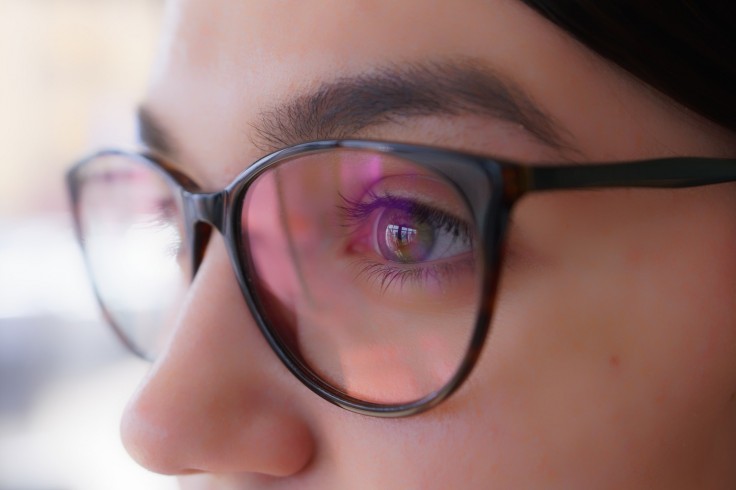
The ability to explore and see the world is one of the critical factors in a child's development. However, some kids already have a vision impairment detected at birth, while others' vision issues are determined during an eye examination.
Sadly, undetected vision issues can hugely impact a child's performance, whether in or outside the class. Thus, it's essential to analyze and completely understand eye health to recognize the signs that your child may have vision issues and need glasses.
Dr. Megan Collins, a Johns Hopkins ophthalmologist, says that the visual system in a child is still developing, particularly during the first seven to eight years. Occasionally, glasses may be vital to help normal visual development.
You can determine if there is an eyesight issue if the eyes appear to be misaligned or don't focus together. They might also have white or grayish-white color in the pupil. If your child tells you that they are experiencing constant eye pain, discomfort, and even itchiness, immediately bring your child to an ophthalmologist for them to get checked.
What could be the child's vision problem?
Many different vision conditions may affect your child's ability to see clearly. However, one of the most common pediatric vision issues is amblyopia, a lazy eye. It is a neural-developmental vision condition, meaning one eye does not have a solid link to the brain. This condition eventually results in one eye being weaker than the other. If this vision condition is left untreated, it can soon become a permanent vision impairment.
Dr. Heather Cimino, an optometrist, specializing in general pediatric optometry at both Cleveland Clinic, Ohio, and at Vision First, a program dedicated to detecting eye diseases in children in the Cleveland area, says that amblyopia is what experts are most concerned about.
If a child is born with it or develops it from early childhood, the brain will gradually begin to ignore the eye that is not seeing correctly.
Fortunately, amblyopia in children can frequently be corrected with glasses. However, experts suggest treatment as they are more effective, especially in younger children. Dr. Cimino added that amblyopia is treatable, but the condition must be detected early.
Moreover, other common eyesight conditions include hyperopia (far-sightedness) and myopia (near-sightedness). The latter causes others to find distant things hard to see, while the first causes close-up objects to be out of focus or blurry.
Signs your child might need glasses
Dr. Luxme Hariharan, a pediatric ophthalmologist at Nicklaus Children's Hospital in Miami, Florida, and board-certified opthalmologist, says falling behind at school is one of the signs your child might need glasses.
If a child starts behaving poorly in school, it can be because they can't see what's happening around them; adding that she has seen such children turn things around in terms of progress and behavior just by getting glasses.
Your child might also have vision impairment if your family has a history of it. Moreover, you can indicate if your child has a vision impairment if they are unusually sitting close to an object.
Squinting and frequent headaches can also indicate eyesight issues, particularly when they excessively use technology, per Very Well Family.
Related Article : Selective Mutism: Why Do Children Struggle to Speak in Social Situations